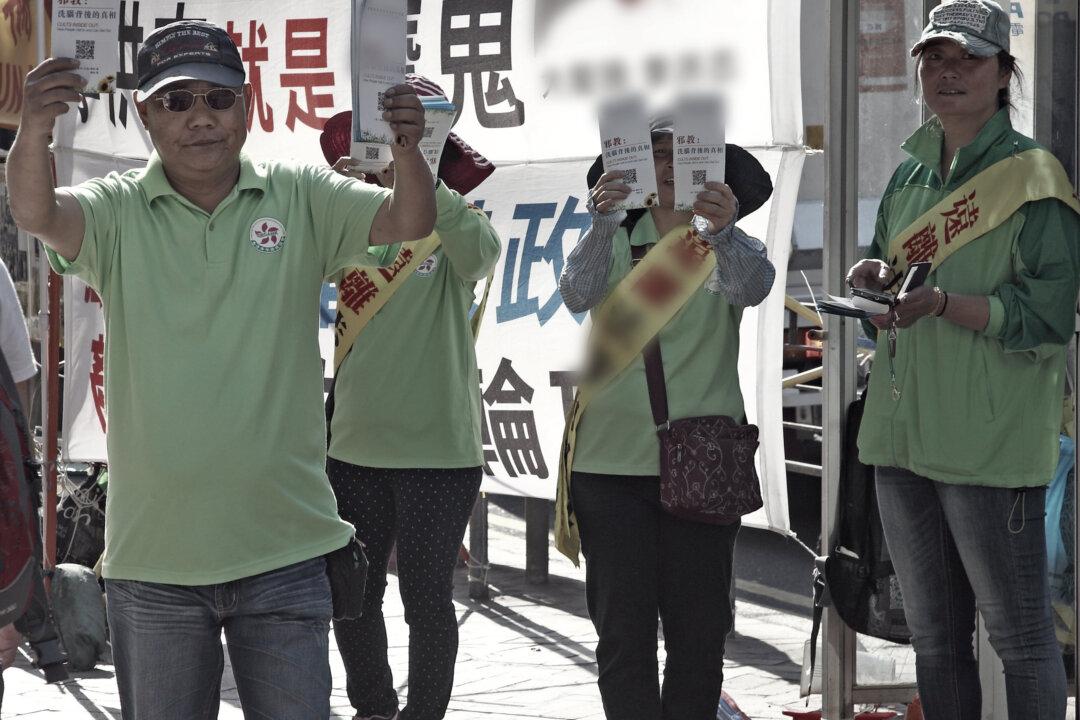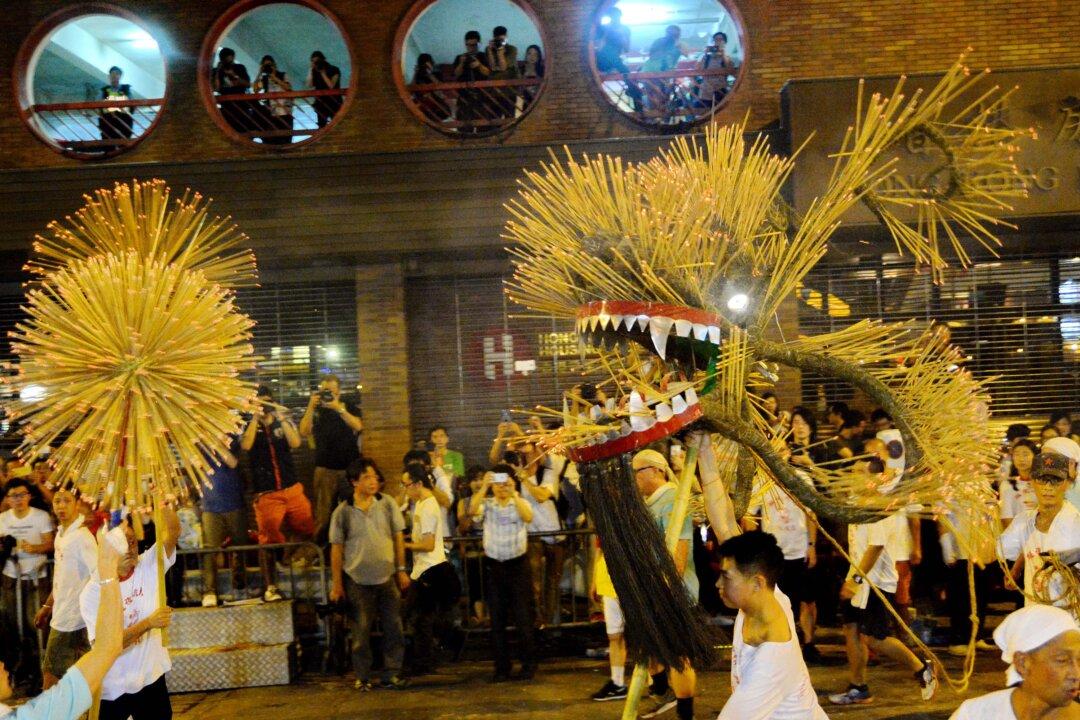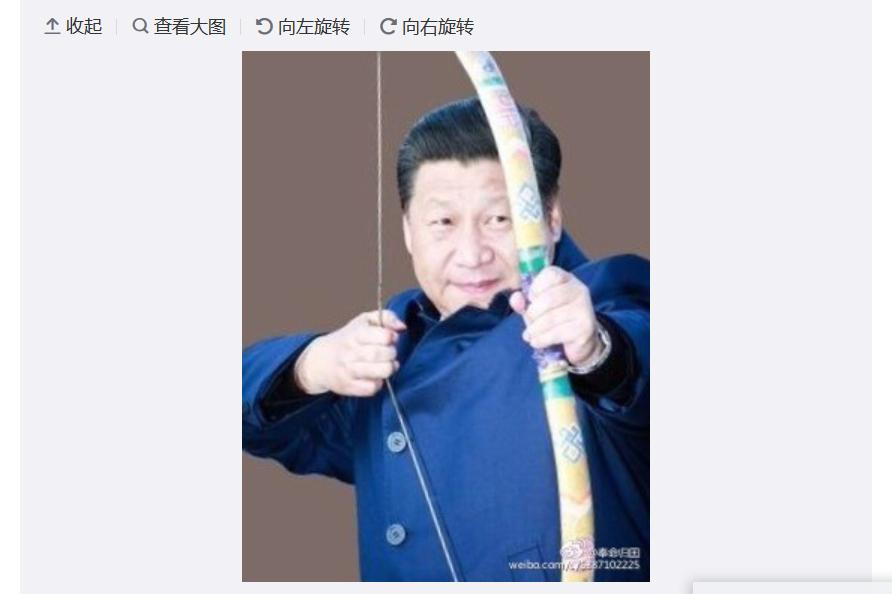Zheng Enchong, a renowned human rights lawyer in China, in a recorded speech at the Flushing, New York Forum on Feb. 22, predicted that farmers, who account for 70 percent of the Chinese population, will become the leaders in the campaign to quit the Chinese Communist Party (CCP). To date, over 50 million have quit the CCP and its affiliated organizations to date.
Zheng believes it is inevitable that more people will participate in the campaign. In his speech, he referred to an article, “Lessons Learned from Taiwan’s Land Reform,” written by a Chinese scholar and published in the 3rd volume of the “South Wind View” Magazine. The article compared the different approaches the Kuomintang of China (KMT) and the CCP have taken to land reform.
Unlike the CCP’s forced land nationalization in mainland China, the KMT took a peaceful yet progressive approach, implementing constitutional democracy in Taiwan. The KMT’s policies successfully liberated the productive forces and improved the people’s standard of living. Ninety-nine percent of farmers in Taiwan joined the Farmers Association, the real estate market eventually opened to free trade, and 3.7 million farmers migrated to the cities, as Taiwan has become the 4th largest economy in Asia.
Farmers in Mainland China Exploited Twice by CCP
Unlike their counterparts in Taiwan, farmers in mainland China have been doubly exploited in the 60 years since the CCP took power. During the first 30 years of the planned economy, the regime bought grain at low prices from farmers awhile selling industrial products at high prices to them. In the next 30 years of era of the supposed “Reform and Opening Up,” the regime exploited farmers even more by forcing them to sell their land at extremely low prices so that the authorities at all levels could make a huge profit by reselling the land at high prices.
Zheng spoke of Shanghai as an example. Xu Kuangdi, the former Mayor of Shanghai, on Dec. 20, 2008, wrote in an article that he forced 3.5 million urban dwellers to move to the much cheaper suburbs where the price of land is only US$ 50-60 per square meter, so that he could then sell the vacated urban land for US$ 8,000 per square meter. Xu then used the profits to develop Shanghai. The then communist party leader, Deng Xiaoping, promoted this approach, and the former premier, Zhu Rongji, also twice promoted Xu.
In light of the report from the Department of Agriculture that the water conservancy facilities on the nearly 200 million acres were built before 1978 and in bad maintenance, Zheng questioned whether the severe drought that had hit northern China recently was a natural disaster, or, rather, a product of neglect or human error in planning and management or operation.
Quitting the CCP Symbolic of the Awakening of the General Public
Zheng said that China has instituted a 4,000 Billion Yuan stimulus plan. In addition, a plan to issue 20 trillion Yuan of local government securities will be presented to the National People’s Congress for approval in March. On the average, each person will be required to “lend” 15,000 Yuan to the regime, with no proper supervision or systematic verification of any kind. Zheng warned of great danger to the stability of China’s future economy.
Farmers are the largest social class in China, and Zheng believes that, with their deep disappointment in the regime, they will become the leaders in the movement to quit the CCP. “Quitting the CCP is the symbol of the awakening of the general public,” said Zheng.
Read original article in Chinese.






